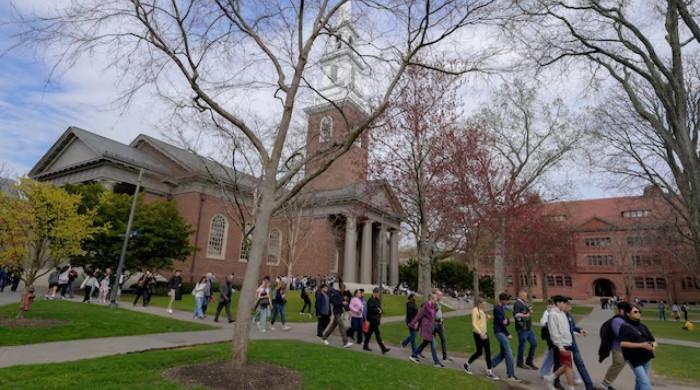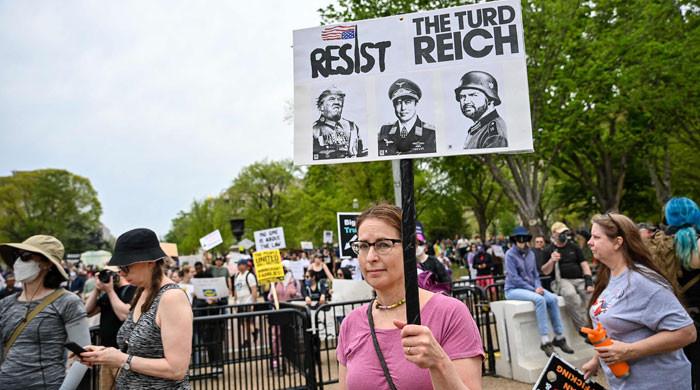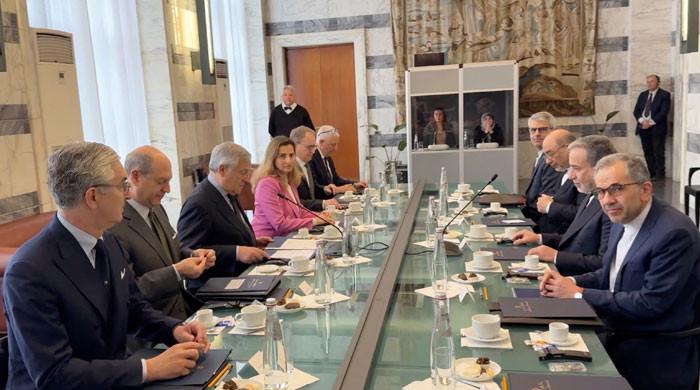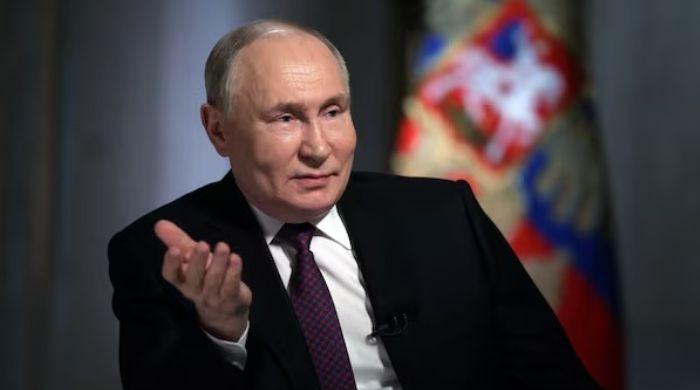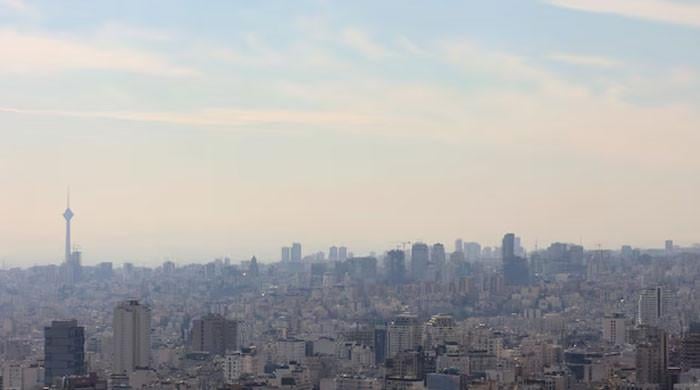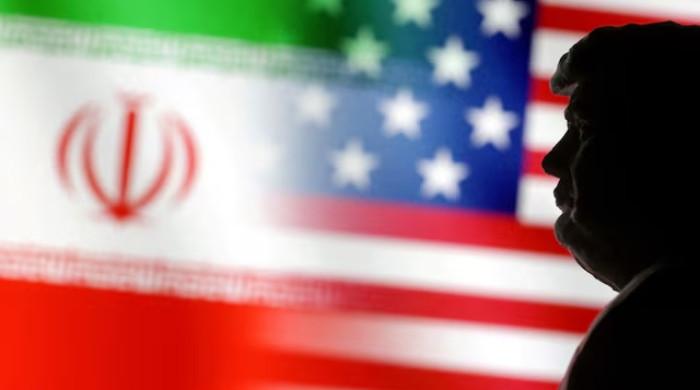US-China row deepens as Beijing slaps sanctions on 11 American lawmakers
Among those targeted were Senators Ted Cruz, Marco Rubio, Tom Cotton, Josh Hawley and Pat Toomey
August 10, 2020
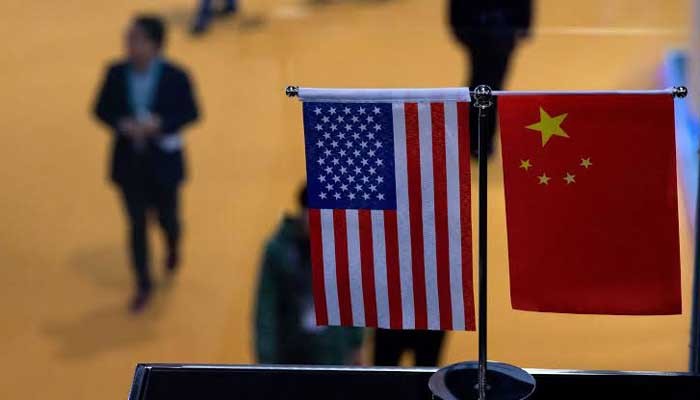
BEIJING: China imposed sanctions on 11 Americans, including six lawmakers, on Monday in retaliation to Washington's earlier move against Chinese officials over Beijing's crackdown in Hong Kong.
Among those targeted were Senators Ted Cruz, Marco Rubio, Tom Cotton, Josh Hawley and Pat Toomey and Representative Chris Smith, as well as individuals at non-profits and rights groups.
“In response to those wrong US behaviors, China has decided to impose sanctions on individuals who have behaved egregiously on Hong Kong-related issues,” Chinese foreign ministry spokesman Zhao Lijian told a regular press briefing on Monday.
He did not specify what the sanctions entail.
Relations between the two countries have deteriorated over issues ranging from trade to Hong Kong and China’s handling of COVID-19.
Beijing’s move is the latest in a tit-for-tat round of sanctions between China and the United States over allegations of rights abuses and interference.
Washington on Friday imposed sanctions on Hong Kong Chief Executive Carrie Lam as well as the city’s current and former police chiefs, under an executive order signed by President Donald Trump.
Those sanctions freeze any US assets owned by the officials and generally bar Americans from doing business with them.
The US lawmakers targeted by Beijing on Monday have been vocal critics of a new national security law that expands Beijing’s authority in Hong Kong.
Beijing’s latest measure also includes new sanctions against the heads of the US-based campaign groups Freedom House and Human Rights Watch. Both had were been subjected to sanctions in December in relation to Hong Kong.
It also imposed sanctions on the heads of the National Democratic Institute for International Affairs and the International Republican Institute.




